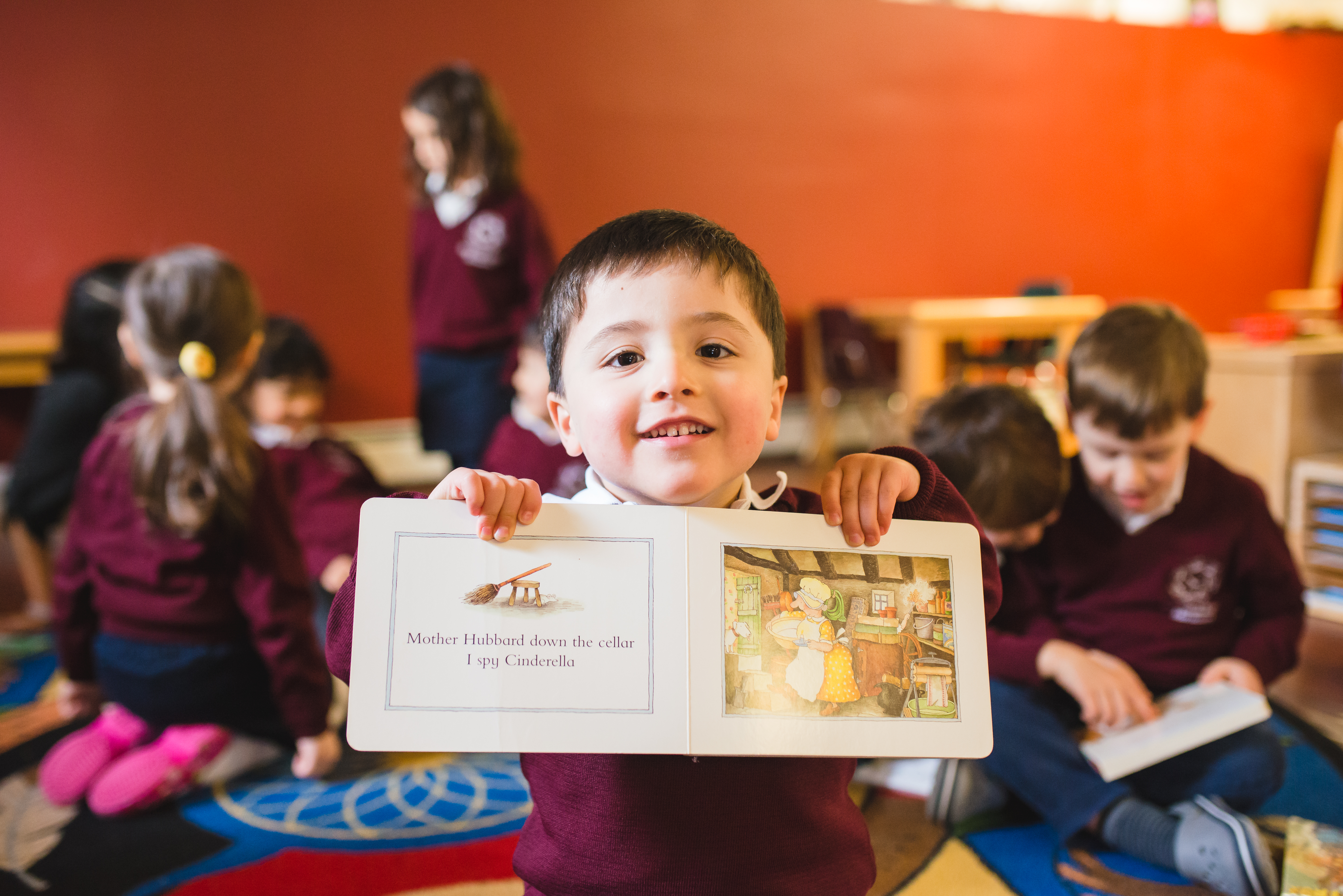
Granville House Montessori encourages parents to learn and share their ideas with us. On this page you will find articles that may be of interest with regards to your child’s development and education. If you have an article or a title of a book you feel other parents will benefit from, please email us and we will post this information on our website
A Parent’s Perspective — Good at Doing Stuff
presented by Steven Hughes at UBC
Montessori education is uniquely suited to help children’s maturing brains in away that is “unparalleled by other education approaches,” a pediatric neuropsychologist told Montessori educators and parents in a speech at Emory University earlier this month.
“It’s brain-based learning,” said Stephen Hughes, Assistant Professor of Pediatrics and Neurology at the University of Minnesota’s Medical School and director of education and research for the TOVA Company.
Hughes, the father of an 11-year-old girl who attends Lake Country School, a Montessori school in south Minneapolis, Minn., said Montessori education parallels what we know about how the brains of 5- to 20-year-olds mature as a consequence of “experimental interactions with the environment.”
That makes Montessori students “good at doing things,” said Hughes, who has studied the neurodevelopmental benefits of classical Montessori education.
Montessori’s educational approach has a unique impact on brain development by providing “extraordinary opportunities to foster” executive functions, the fundamental cognitive operations that guide complex behavior, Hughes said. It is here that Montessori education is “unparalleled by other education approaches.” “What does Montessori education do? It presents material that is just beyond, offering something tantalizing about what there is about the world,” Hughes said. “It’s helping to draw the wave of development forward … by always having available to your child material that is just there, at the crest of their brain development.”
“That curriculum is so well-developed, it is unparalleled,” he said. “It is a thing of beauty to see how sophisticated the associations are across materials and the small but beautiful incremental steps there are in the math curriculum.”
“There is no place in the world other than a Montessori classroom where there is always developmentally appropriate material available,” Hughes said.
The type of self-guided learning offered in Montessori education builds better brains through opportunities for self correction and error, he explained. “A Montessori teacher lays the foundation for the child to make the discovery himself,” Hughes said. Montessori offers a culture of respect for the child, a method that permits children to discover for themselves the functioning of the world, and a wonderful set of materials, Hughes said. “I believe that while all these three components are critical, it is the culture of the Montessori environment that is the most important. At its core, Montessori education represents a cultural intervention with children and their families,” he said.
“It has never been more important for us to produce a generation of children who can look around figure out what needs to be done and do it,” Hughes said.
“If our children and grandchildren are to see the 22nd century, those who are running things in the 21st century must value a culture that respects … (the) values that lie at the heart of Montessori education.” When one parent asked about the transition from a private Montessori school to a “good” public school, Hughes said his advice was “keep your kid in a Montessori environment as long as you can.” He reassures us that we are in no way depriving our children of being raised in the real world by keeping them in a Montessori environment as long as we can.
